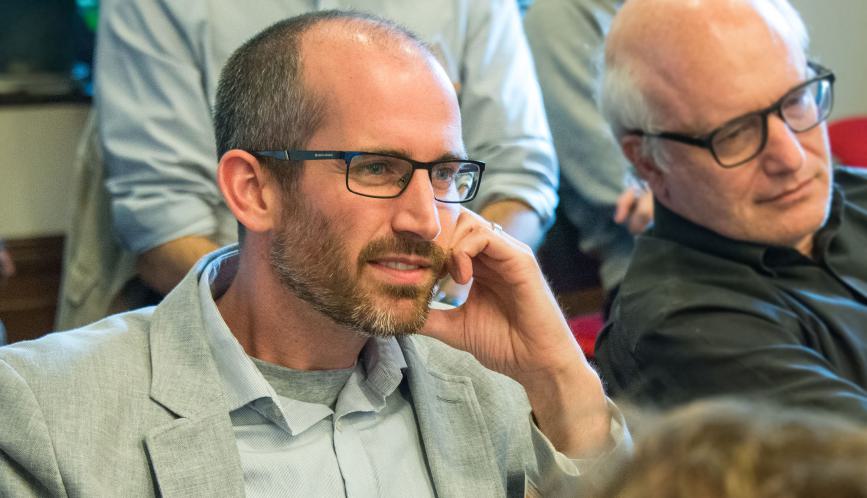MIP network member Geoffrey Wodtke is an Associate Professor of Sociology at the University of Chicago. His research is in the areas of neighborhood effects and urban poverty, group conflict and racial attitudes, class structure and income inequality, and methods of causal inference in observational research. He is currently working on several projects dealing with the impact of neighborhood poverty on child development, the link between private business ownership and growing income inequality, and new methods for estimating causal effects in longitudinal studies. Wodtke completed his Ph.D. in Sociology at the University of Michigan in 2014, where he also earned his M.A. in Statistics.
Describe your area of study and how it relates to current policy discussions surrounding inequality.
I study the causes and consequences of growing income inequality since the 1980s in the US, including changes in the spatial concentration of income and its effects of child development. Income inequality and social mobility are almost always the topic of intense policy debates. My research speaks most directly to debates surrounding interventions for mitigating the harmful consequences of spatially concentrated poverty.
What areas in the study of inequality are most in need of new research?
Although it is widely studied, I think our understanding of the link between income inequality and various social maladies, such as mortality and interpersonal distrust, is still pretty limited. The causal processes connecting one to the other are murky, in my view. Similarly, although most now agree that concentrated poverty impedes child development, I don't think we have a very firm understanding of why.
What advice do you have for emerging scholars in your field?
Focus on important problems, think big, and work hard.



